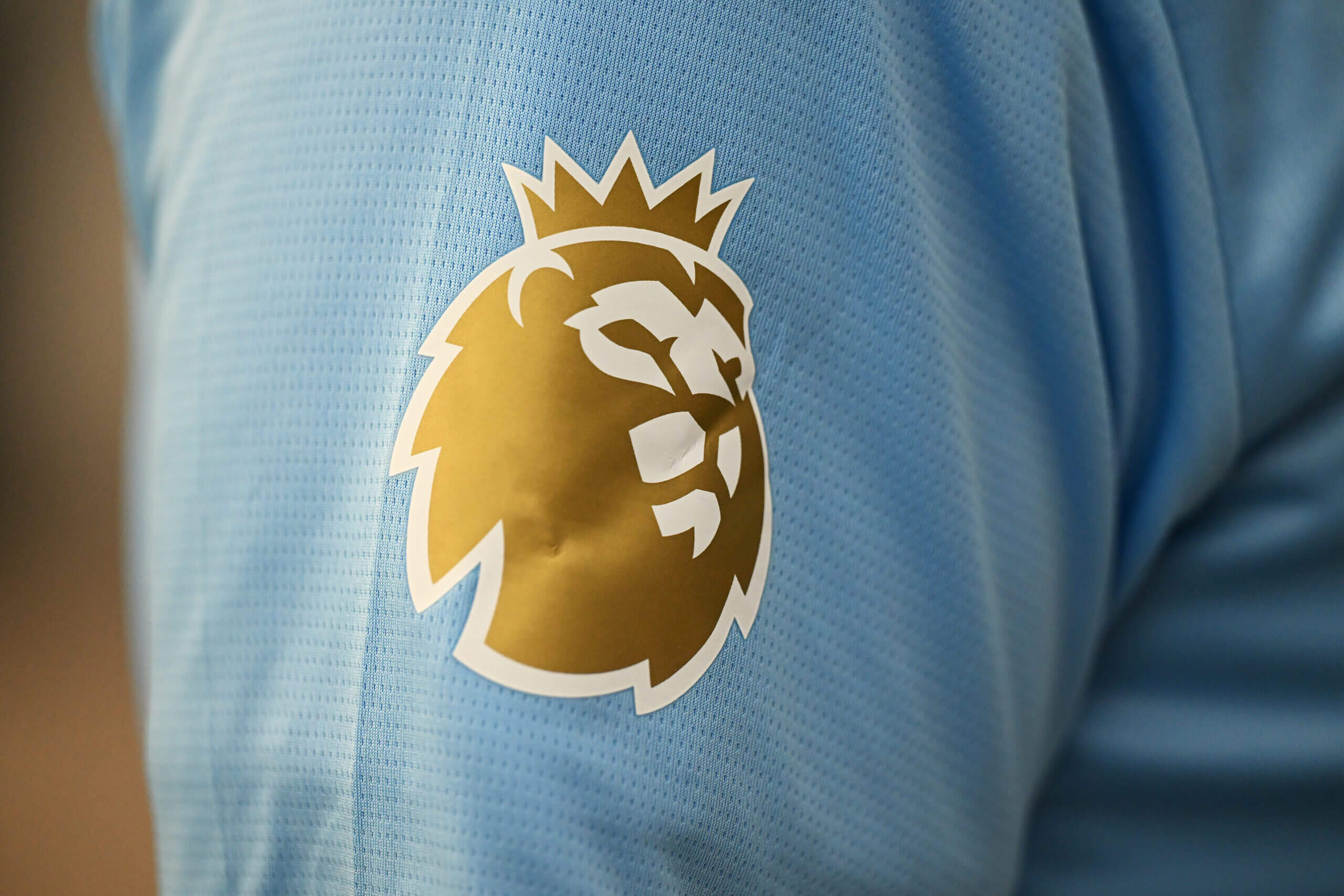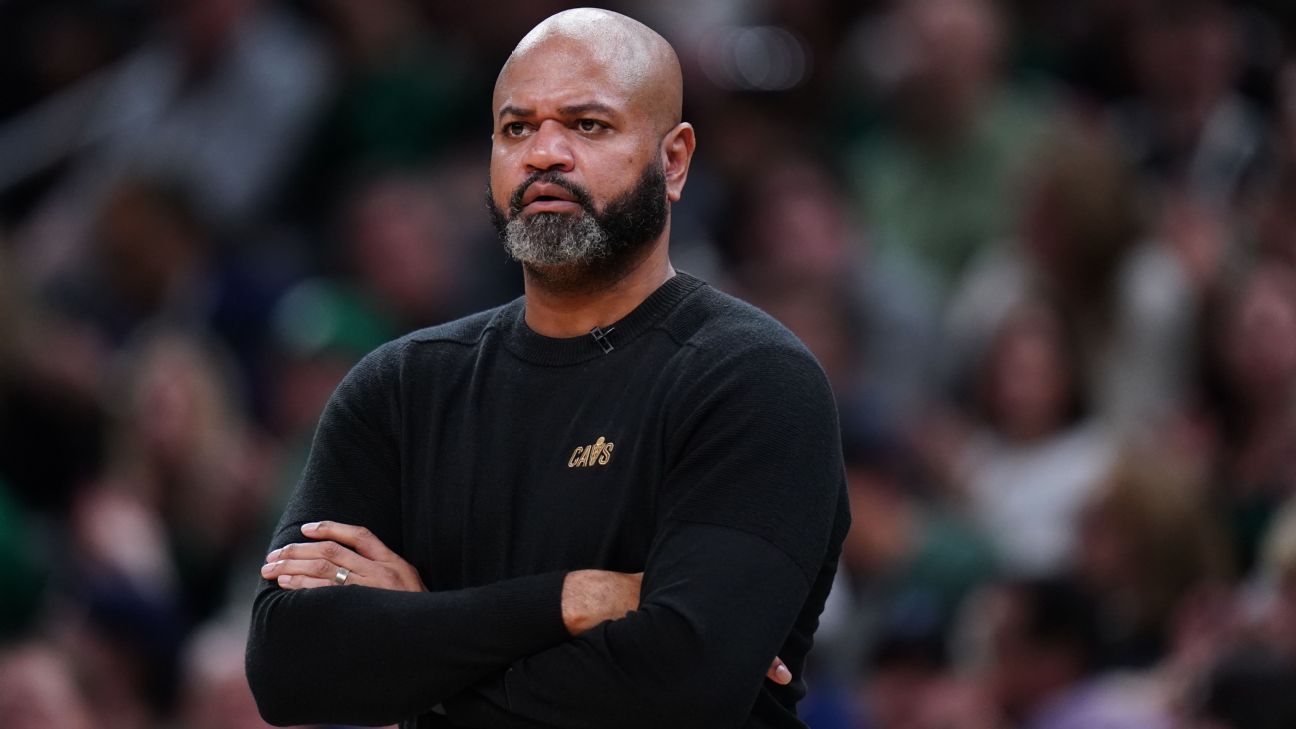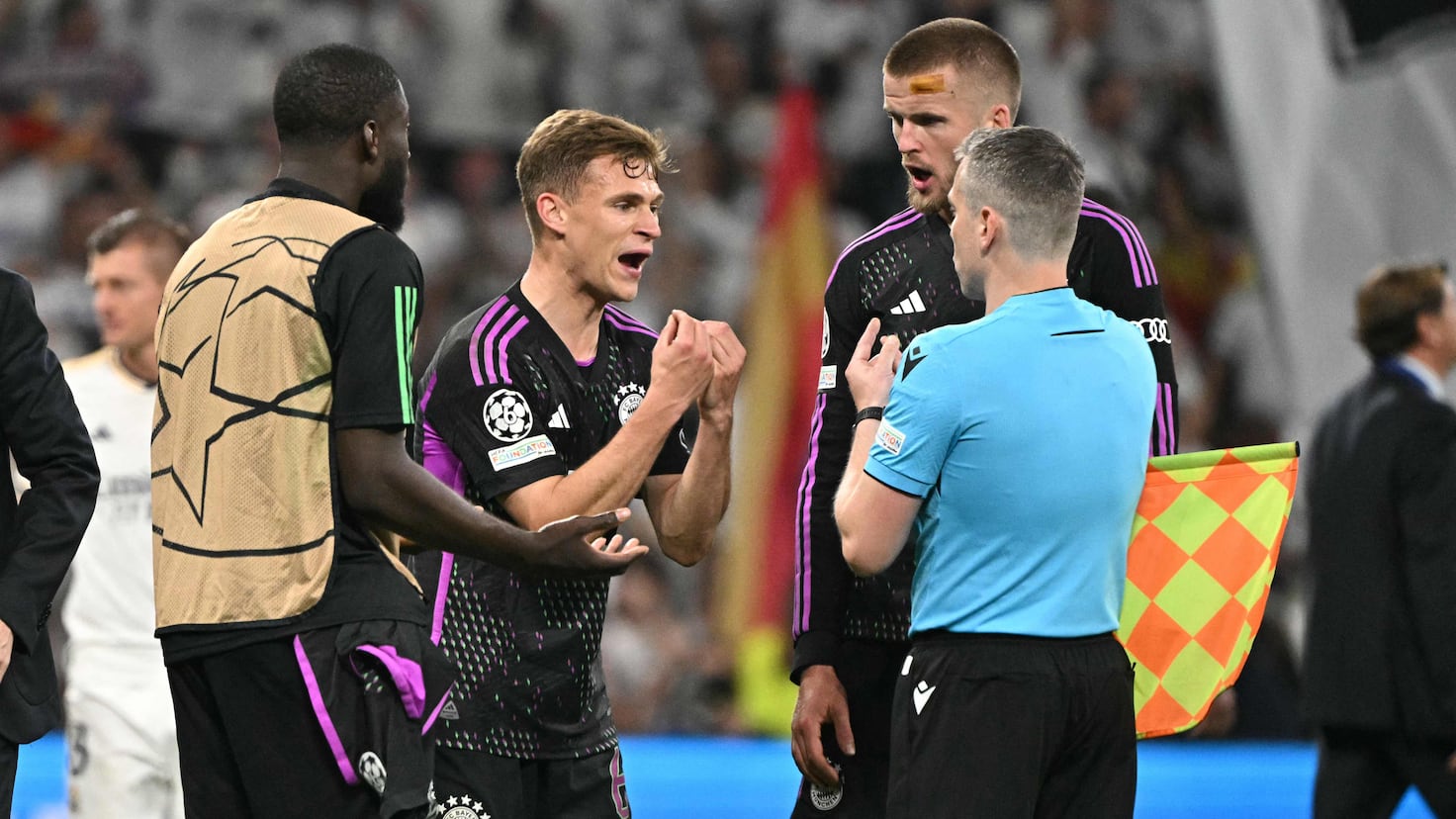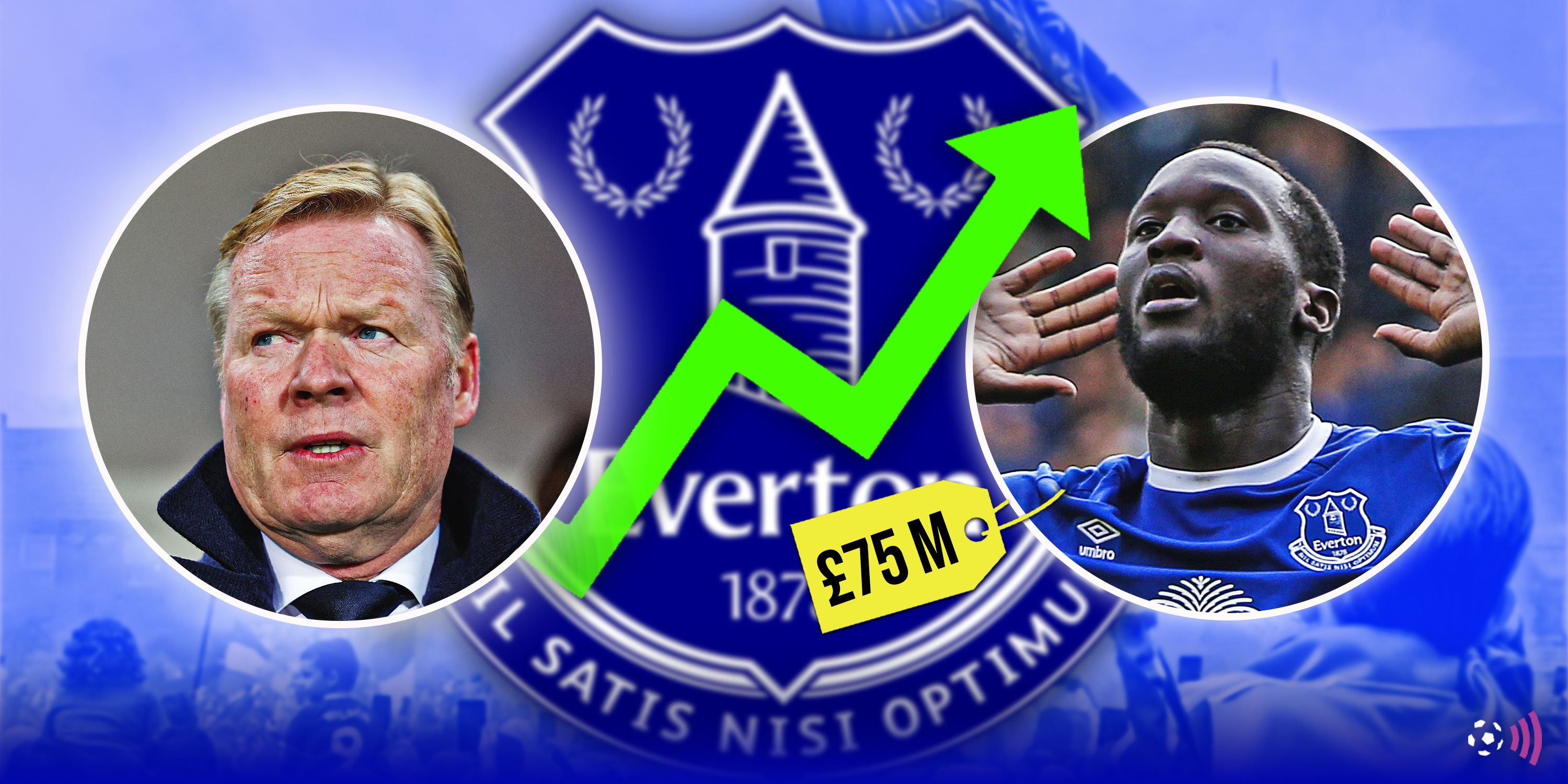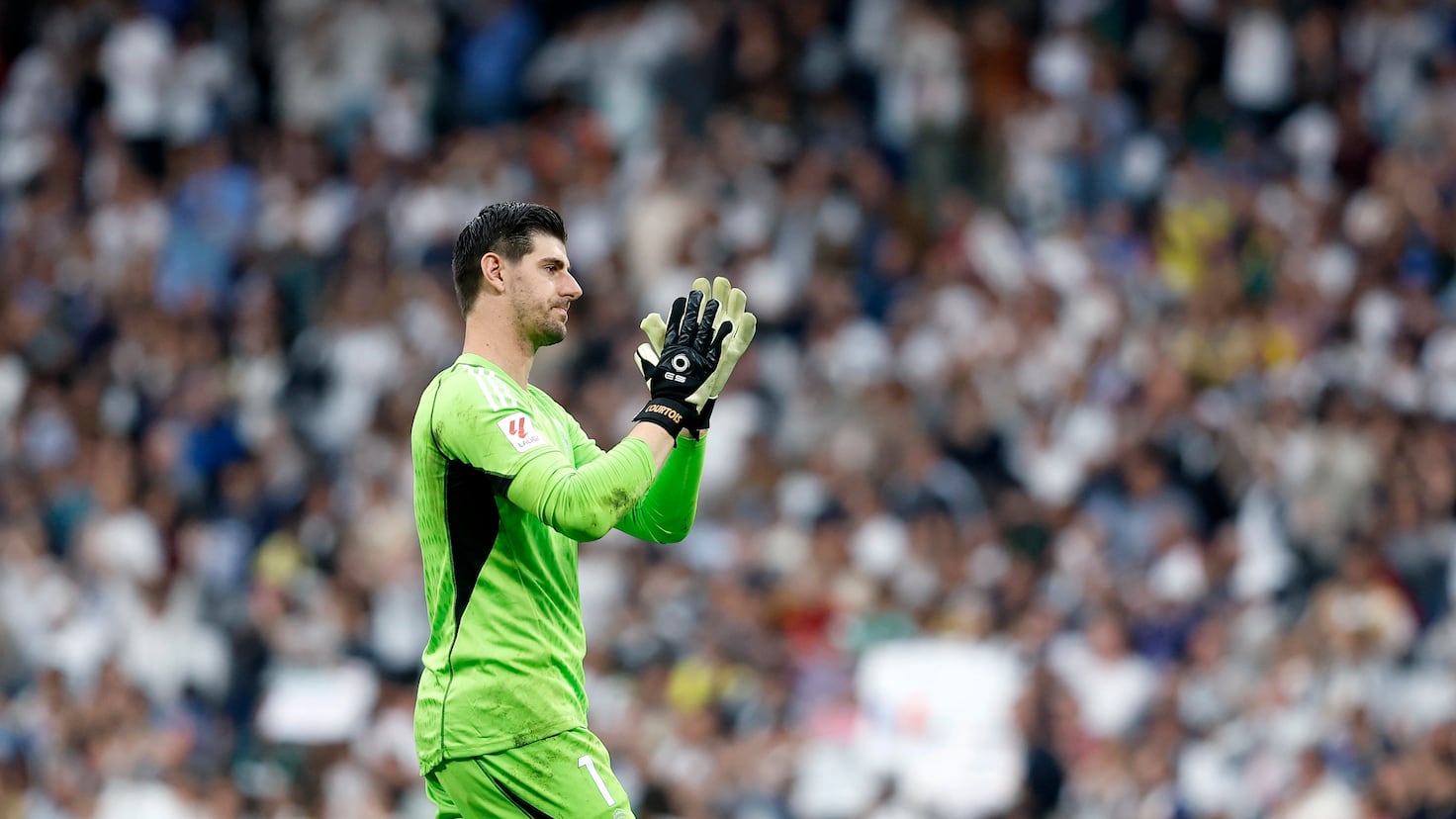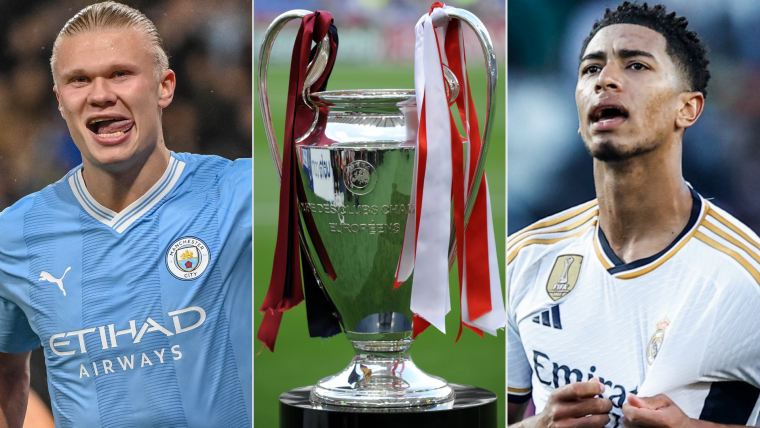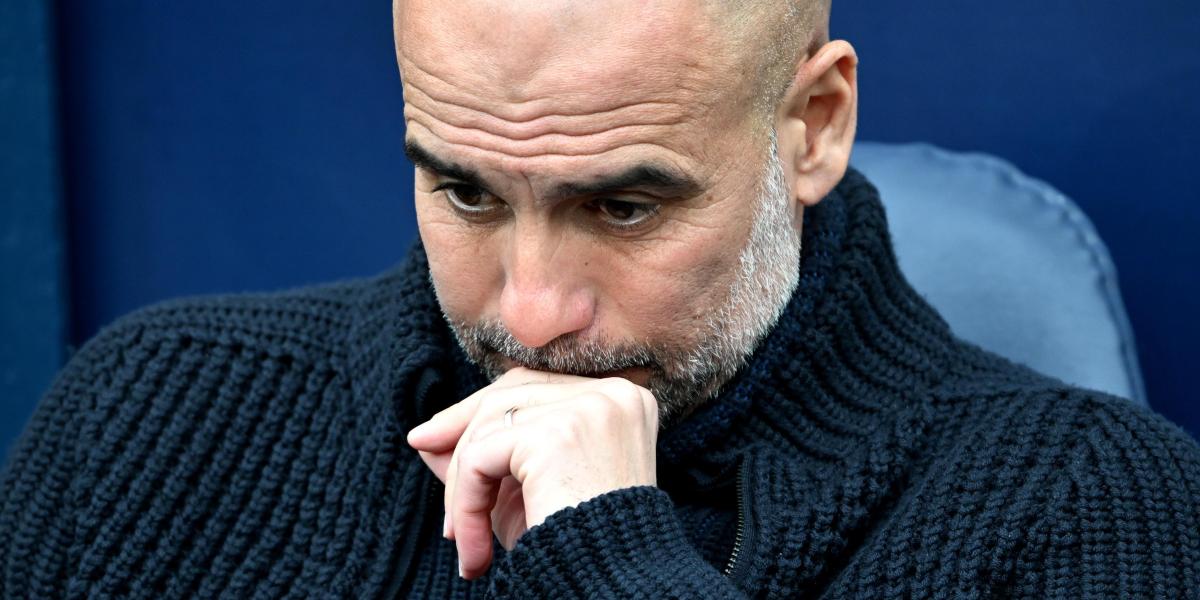In a landmark move set to revolutionize the Premier League's financial landscape, clubs have collectively agreed in principle to impose a stringent spending cap starting from the 2025-26 season. This groundbreaking decision came to light following a shareholders' meeting at the iconic Churchill hotel, igniting fervent discussions across the football community.
The Cap Structure and Its Implications
The proposed cap aggressively targets the burgeoning fiscal divide within English football's top flight. It is ingeniously tethered to the broadcast and commercial revenues of the league's lowest earning club, effectively reigning in the financial clout of more affluent teams. If last season serves as a benchmark, a cap figure would teeter around £518million, a staggering quintuple of the £103.6m bottom line.
This financial realignment offers hope to smaller clubs, bolstering their quest for competitive parity. However, powerhouses accustomed to lavish expenditures view the cap with skepticism. The prospect of the Premier League's fiscal levelling is ironically welcomed by rival leagues, with La Liga's financial controls already in place, albeit under a different framework. This new spending cap model stands unique, establishing a collective financial ecosystem unheard of in contemporary football paradigms.
Broadening Horizons for Financial Equity
The 'squad cost' rules are essentially a companion to the spending cap, ensuring that a club's expenditures directly correlate with their earnings. This symbiotic approach aims to shield the league from rampant inflation and splurging, which can skew the playing grounds and dilute the essence of the competition.
Smaller clubs champion the cap, envisioning a horizon where strategic acumen trumps fiscal dominance. In stark contrast, financial behemoths must recalibrate their blueprints to navigate this imminent monetary conclave. As the league's annual general meeting in June nears, the sporting world keenly anticipates the eventual molding of these reforms into the fabric of football law.
In the grander scheme, this pivot to a fairer and more balanced competition might just catalyze a transformation across the footballing landscape. The English Premier League, often lauded for its cutthroat unpredictability and global allure, steers towards an era where strategic brilliance and homegrown talent may eclipse financial prowess. This brave new world of fiscal responsibility heralds an undeniably thrilling chapter for administrators, players, and fans alike.
Soccer
Tierney on Arteta's Tactical Decision: 'He Was 100% Correct'Soccer
Cleveland Cavaliers Face Uncertain Future After Playoff ExitSoccer
Atlético de Madrid Seeks Third Place After Girona's SetbacksSoccer
Brighton vs Chelsea: Mudryk Faces Former Mentor De Zerbi in Crucial EPL ClashSoccer
Toni Kroos Criticizes Referee Decision in Controversial Bayern MatchSoccer
LAFC vs St. Louis CITY SC: A Thrilling MLS Showdown AwaitsSoccer
Romelu Lukaku's Impact at Everton: A Legacy of Goals and ProfitsSoccer
Alavés Reveals Starting XI: Key Players to Watch Against Real MadridSoccer
Girona Faces UEFA Deadline: Will They Sever Ties with Manchester City?Soccer
UEFA Champions League Expands: 36 Teams to Compete in 2024/25 SeasonSoccer
Manchester City on the Brink of Premier League Triumph: A Thrilling Finale Awaits

